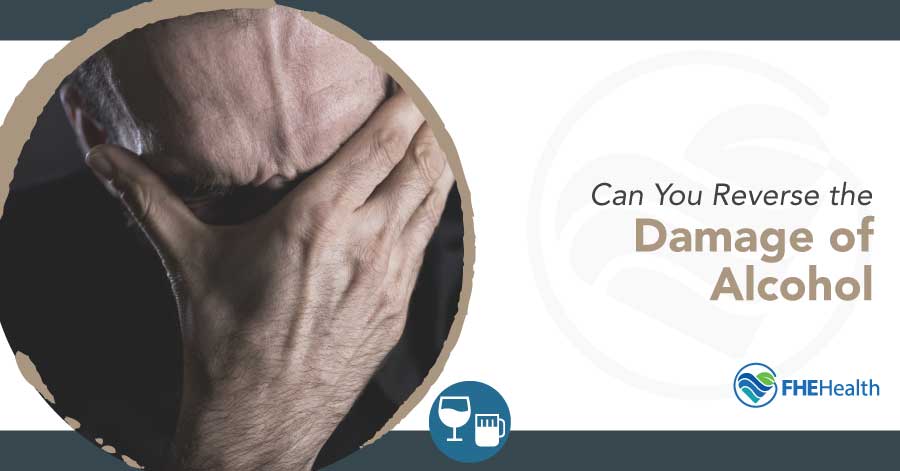
Alcohol is among the most popular abused substances in both the United States and around the world. According to the National Institute on Alcohol, Abuse and Alcoholism, over 80% of American adults have had at least one drink, while 70% have had a drink in the last year and over 50% in the last month.
Unlike other substances that can be highly addictive and prone to substance use disorders, like cocaine or heroin, alcohol is legal in all 50 states for those over the age of 21. This has played a substantial role in normalizing alcohol. Many aspects of pop culture revolve around alcohol, from drinking-related references in music and movies to the popularity of post-work happy hours to blow off steam.
Despite its legality, alcohol isn’t a healthy habit. Those who drink alcohol too much for too long can have a serious effect on overall health, impacting everything from cognitive function to liver health. Even moderate drinking can affect the body, increasing the risk of things like heart disease or some forms of cancer.
For those in recovery who have embraced sobriety, it’s only natural to be concerned about the potential for lasting consequences. However, not all damage from heavy drinking lasts forever. In some cases, it is possible to reverse the effects of alcohol by abstaining from alcohol. This is not true in all instances, so the sooner abstinence can become a reality, the better.
The Reality of Alcohol Damage
Many substances, including alcohol, are largely fine in moderation, but in high doses, problems can arise. Drinking heavily over a prolonged period of time can have an impact on virtually every system throughout the body, some of which can prove fatal if not addressed. These are the most notable ways in which alcohol negatively affects physical health.
Cognitive Functioning
It’s clear that alcohol affects the brain while intoxicated, but the cognitive complications of alcohol go well beyond slurred words or stumbling in the moment. Heavy drinking can have negative effects that include:
- Damaged neurons in the brain
- Inhibited general cognitive functioning
- Altered neural pathways
- Increased likelihood of neurological conditions such as seizures, dementia and strokes
In some cases, depending on the severity of use, research does indicate that some level of damage will self-correct after several months to a year. However, there may be no way to fully regain or change long-term effects caused by an alcohol use disorder.






